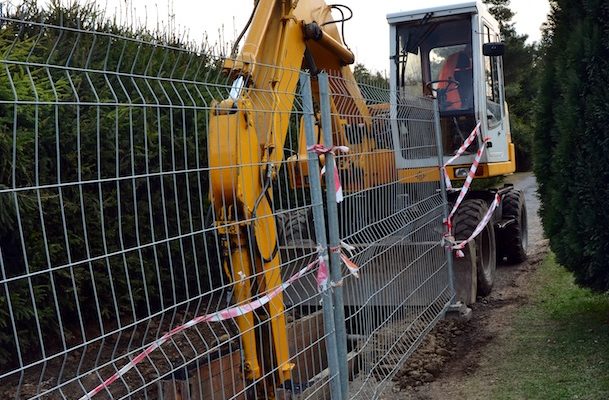May 14
Justin Walsh
… Like my father before me, I am now a member of my industry’s local union in Maine. For the past two years, I’ve served as the Training Director for the International Brotherhood of Electrical Workers (IBEW) 567. I began my path toward journeyman electrician in the same apprenticeship program I now oversee.
Despite growing up in a union household, I didn’t initially understand the purpose of being in one. I expected all employers to provide their workers with the means for a sustainable life and retirement. But union jobs in the electrical industry provide higher wages, safer work environments, job security, and benefits, including pension and medical. In childhood, I suffered from ear issues for which, without the union health insurance my father received, we wouldn’t have been able to afford treatment. Union benefits spared me a lifetime of pain.
Since I participated in IBEW’s apprenticeship program, there have been shifts in the industry that have made different experiences and learning opportunities available. Most notably, the increasing use of renewable energy and the investments made through the Infrastructure Investment and Jobs Act (IIJA) in electric vehicles (EVs) and EV infrastructure. …
Investing in green technology and renewable energy reduces family energy bills, public health problems, and pollution while making the power grid more reliable. Continuing investments in these technologies and promoting good jobs standards and workforce development programs — like those found in L.D. 1969 in Maine, which has now been signed into law — will create quality clean energy jobs and advance equity in the renewable energy industry. These are imperative to ensure workers can gain access to these fields, learn the skills of the trade, and earn wages and benefits that will sustain careers in building and maintaining greener infrastructure.
Justin Walsh is the training director for a local electrical workers union.







